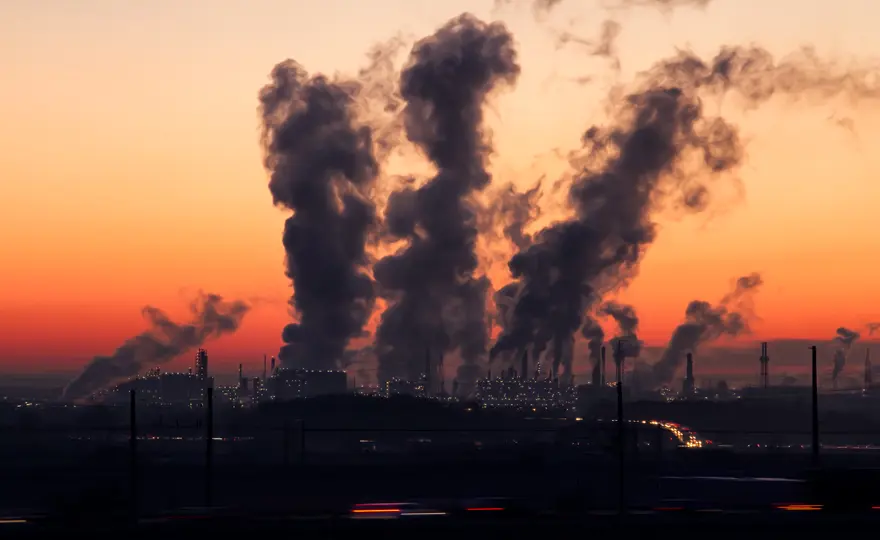ClientEarth Communications
14th January 2019


The end of 2018 saw a victory for people’s health across Europe and another step towards a Europe beyond coal.
European coal lobby group Euracoal had tried to sue the European Commission: representing the interests of over-polluting coal operators across the EU, the group wanted to overturn a document that sets tighter legal emissions limits for large power plants.
Euracoal was joined in the case by a number of German coal companies. We refer to the claimants collectively in this piece as Euracoal.
In December, the group was denied standing by the EU’s General Court, putting an end to the case.
A similar case brought by the governments of Poland and Bulgaria continues to run.
As part of their challenge, Euracoal sought to annul the binding emissions limits for nitrogen oxides (NOx) and mercury - dangerous substances with known negative impacts on people’s health and the environment. Significant quantities of these substances are emitted when burning coal – and in particular, lignite.
Lignite, also known as brown coal, is the most polluting form of coal and most lignite power plants now require expensive retrofits to comply with the new pollution standards - the standards Euracoal was trying to block.
The General Court’s ruling means that the new limits continue to apply and Europe’s coal industry will therefore need to clean up their power plants using the best available techniques.
ClientEarth and the European Environmental Bureau intervened in the challenge. Extensive information is available on the harm EU industrial plants are doing to people’s health across nations, and these new standards are in place to try to mitigate this harm. We took action as legal experts to ensure the limits were not stymied by industry interests.
One of the grounds for Euracoal’s challenge was that the new limits would be too expensive and place a ‘disproportionate burden’ on coal plant operators. This is an unjustified claim - and it makes a mockery of why the rules exist in the first place.
The new emissions limits are formally known as the 2017 BAT Conclusions - a document that states that industrial plants must use the ‘best available techniques’ (BATs) to reduce pollution. The new limits are drawn from the 2017 BAT Reference document for Large Combustion Plants (the 2017 LCP BREF).
As prescribed by the Industrial Emissions Directive (IED), the 2017 BREF is based on a lengthy consultation process between EU countries, industry and environmental organisations. This consultation is called the ‘Seville process’ and in practice, it results in emissions limit values being watered down throughout the process to meet industry demands.
This means they are already far less strict than technical experts recommend, in particular because industry had argued that stricter standards would be uneconomic.
According to 2018 research, the full application of the BAT Conclusions would reduce the rate of premature deaths from coal emissions in Europe by the equivalent of 14,000 premature deaths per year and reduce the total associated health costs by at least €20.5 billion per year. Action by large combustion plant operators to bring pollution down, in this context, hardly seems ‘disproportionate’.
Unfortunately, Euracoal and the German coal operators are not the only entities challenging the 2017 BAT Conclusions. Poland, supported by Bulgaria, has also brought an action attempting to annul these new rules.
Poland has just hosted COP24, the crucial global climate conference, but has new coal plants and mines in the pipeline and Bulgaria’s power plants continue to steadfastly ignore pollution standards.
As Poland is an EU Member State, the General Court cannot deny it standing. In addition, environmental NGOs are not allowed to intervene in a case between a Member State and the European Commission.
ClientEarth will however continue to advocate for the legality of the 2017 BAT Conclusions - and bring cases against plants that don’t comply with them, to defend people’s health and the health of the planet.